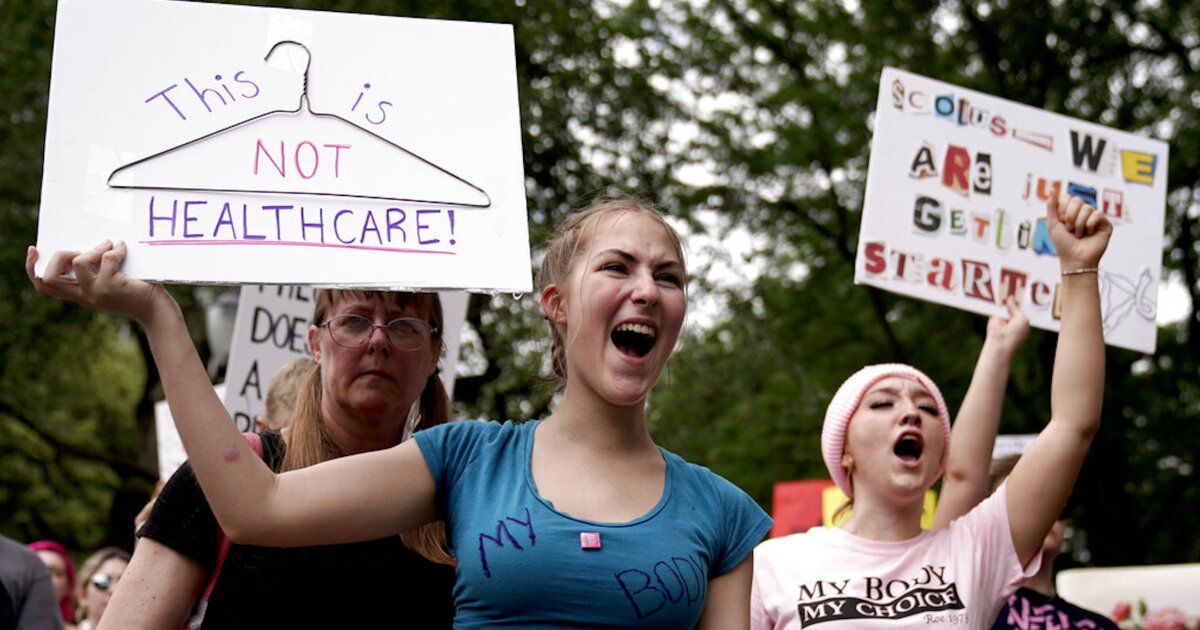

Democrats are savoring a spate of positive developments in Washington, hoping a year of political struggles is behind them just as the battle for Congress in midterm elections comes into focus.
For the second consecutive week, President Joe Biden and congressional Democrats celebrated success on Capitol Hill and good press abroad. Congress approved a veterans healthcare bill; Senate Democrats advanced a $1.4 billion social spending and climate bill, stalled since last summer, the party claims will reduce the skyrocketing cost of household goods; House Speaker Nancy Pelosi (D-CA) received bipartisan praise for visiting Taiwan; gas prices dropped, and the July jobs report defied the recession.
“Today we received another outstanding jobs report — 528,000 jobs were added just last month,” Biden said Friday during a White House bill-signing ceremony. “Today, we also matched the lowest unemployment rate in the last 50 years — 3.5%.”
Last week, Congress approved legislation providing billions of dollars for microchip manufacturing in the United States, netting Biden a key legislative victory. That was immediately followed by a breakthrough agreement among Senate Democrats on the $1.4 billion social spending and climate bill long sought after by grassroots liberals. This reconciliation legislation, previously known as Build Back Better and now christened the Inflation Reduction Act, requires only a simple majority vote to pass the Senate.
This week, Congress approved a bipartisan veterans healthcare bill — but not before Democrats capitalized on initial GOP opposition and forced Republicans to scramble. Pelosi’s Taiwan trip, in defiance of China, was universally lauded by congressional Republicans. Senate Democrats finalized agreement on the $1.4 billion reconciliation bill. There was good news on jobs and gas prices and, perhaps most encouraging to Democrats, Kansas voters rejected a ballot initiative to remove abortion rights from the state constitution.
Kansas is solid Republican territory. Yet Amendment 2 was crushed 59% to 41% by voters who participated in the state’s primary this past Tuesday. That outcome has given Democrats fresh optimism that concerns about abortion rights in the wake of the Supreme Court’s Dobbs v. Jackson Women’s Health Organization ruling could help stem losses in November as they labor to defend a precarious five-seat House majority and a 50-seat Senate advantage that rests on a vice presidential tiebreaker.
“We are seeing, across the board in national polling, battleground polling and individual candidate polling, a shift toward the Democrats,” said Tim Persico, executive director of the Democratic Congressional Campaign Committee, the House Democratic campaign arm. “It’s still tough, but it is a substantial movement — in the neighborhood of 3 to 4 points.”
Republican strategists are dubious Dobbs will materially alter a political environment on par with GOP wave elections in 2010 and 2014, if not better. But Persico told the Washington Examiner that voter anxiety about the loss of federal protections for abortion rights since Roe v. Wade was overturned could be a game changer for Democrats, notwithstanding challenges his party is dealing with. “It is connecting in ways even we are surprised by,” he said.
“The result we just saw in Kansas speaks for itself: Voters of every political persuasion are highly motivated to turn out and reject the GOP’s dangerous assault on a woman’s right to make her own healthcare decisions,” added Veronica Yoo, spokeswoman for Senate Majority PAC, the super PAC aligned with Senate Majority Leader Chuck Schumer (D-NY).
To be sure, Democrats are facing massive political headwinds less than 100 days before the Nov. 8 elections.
Biden’s average job approval rating is under 40%; the Republicans enjoy a slight edge on the generic ballot gauging which party voters would like to see in charge in Congress; and historically high inflation, voters’ biggest anxiety heading into the fall, shows no signs of abating. Meanwhile, gas prices are lower but still comparatively high, and most people are pessimistic about the direction of the country.
In other words, a red wave is in the offing despite the recent string of accomplishments for Biden and the Democrats.
“If you define process as wins, then yes, they’re doing better,” David Winston, a GOP pollster who advises congressional Republicans, said. “So, they’ve passed a bill. That’s an interesting point. But the big challenge is: Is the inflation number going to come down significantly?”
“There’s a difference with having a talking point that is better than what they were dealing with versus having a real outcome that is making a difference,” added Winston, who regularly surveys voters on these issues.
Democrats quietly acknowledge that they are swimming against the political tide and are likely to do so for the balance of the midterm election campaign.
But to the extent they can show that the government under the party’s leadership is getting things done, Democrats believe they can turn a looming disaster into something more manageable. The other factor Democrats are depending on to overcome obstacles presented by the political atmosphere is what they contend is an advantage in terms of candidate quality — especially in their fight for control of the Senate.
CLICK HERE TO READ MORE FROM THE WASHINGTON EXAMINER
Put simply, Democrats do not think very highly of the Republican Senate nominees in targeted races emerging from the GOP’s spring and summer primaries. Democratic incumbents and challenger candidates are raising more money; and in some contests — Arizona, Georgia, New Hampshire, Pennsylvania, and even Ohio, Democrats have been polling better than the Republicans.
“We’re not taking anything for granted,” said David Bergstein, spokesman for the Democratic Senatorial Campaign Committee. “But our campaigns are candidate vs. candidate battles, and the contrast between the broad coalition of voters that our challenger and incumbent candidates are attracting to these races, versus what Republicans are bringing to these races, is putting the GOP on defense.”






